Medical AI


Medical AI
We aim to provide new services and value in the medical field by applying AI technology to medical information and developing automation to improve the efficiency of clinical laboratory testing. We are developing several AI models which utilize big clinical data, generated by various services of our group companies. We also participate in joint research with medical institutions to build our original research infrastructure.
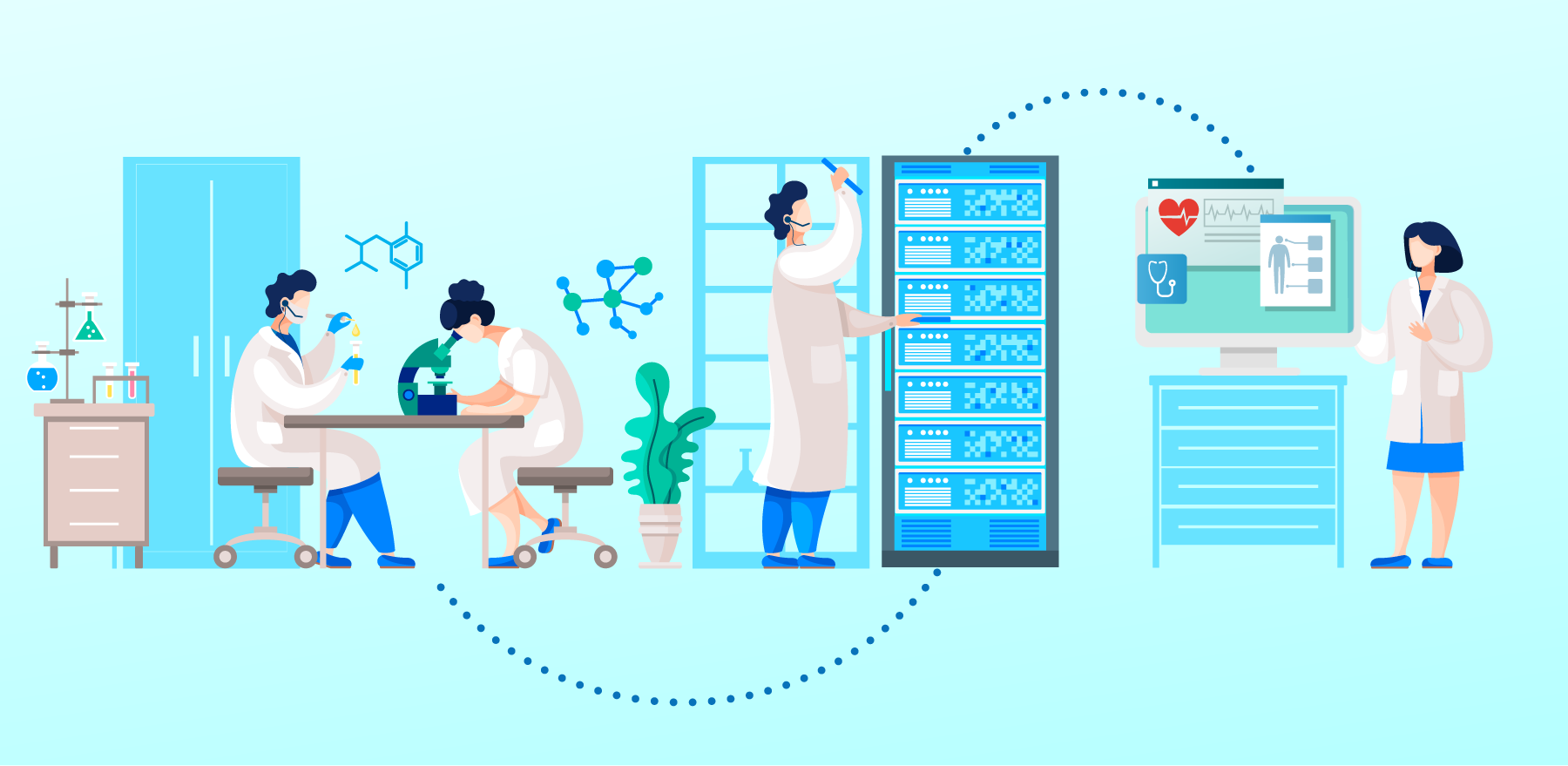
Automation by AI
To Support Digital Transformation of Manual Operations into AI
Accumulation of data is the most important step towards building excellent AI
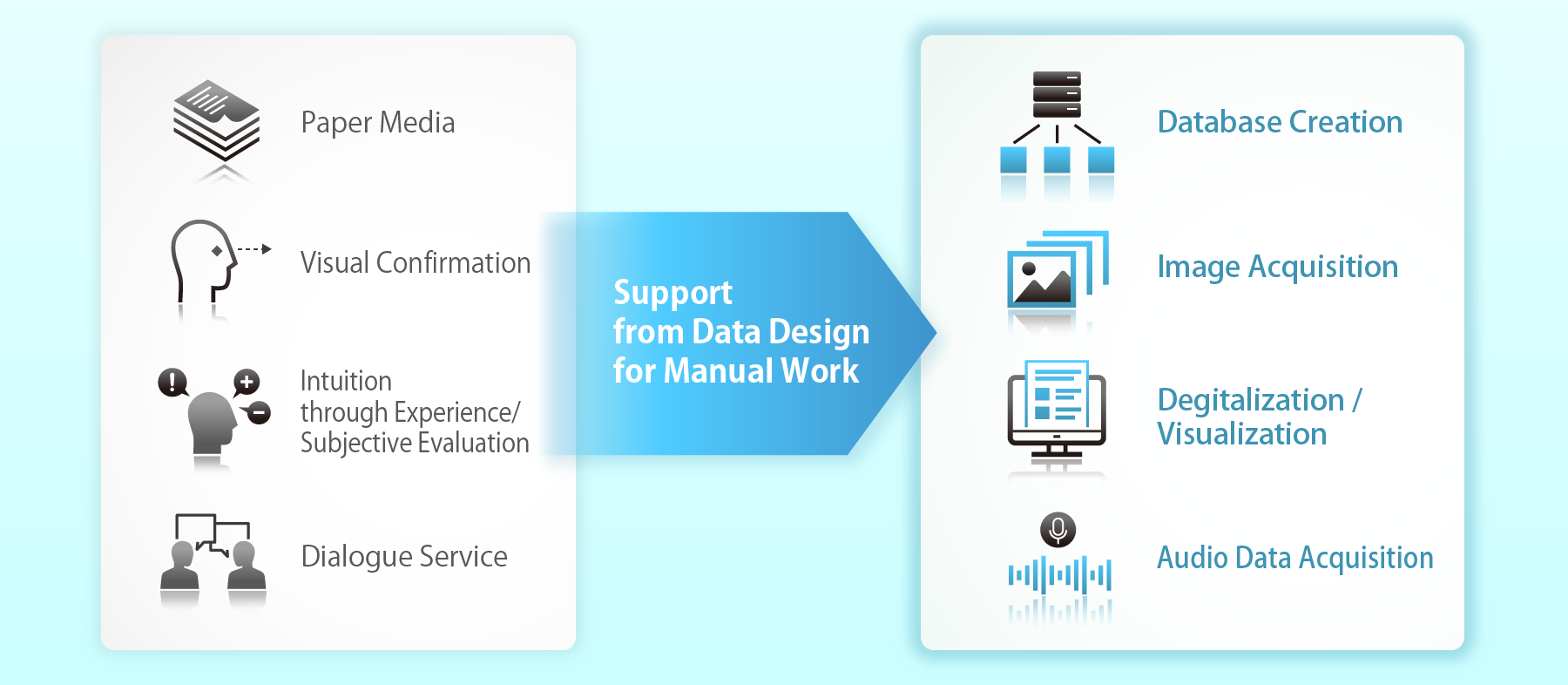
To build useful AI models, the first step is to create a structured data format from data generated by diverse means. Accumulation of heterogeneous unstructured data is not useful and acquiring data in a standardized format to build AI models for medical applications is an important milestone to introduce AI models in processes without automation. The H.U. Group Research Institute is willing to support everything from on-site problem solving to data acquisition formatting standards, AI development, and implementation. If you are interested in our services, please feel free to contact us.
Examples
AI to Facilitate Bacterial Culture Identification
Bacterial culture identification is very important to identify pathogenic bacteria when a bacterial infection is suspected. Bacteria can be cultured on agar plates where they gradually form visible colonies as they grow. Clinical laboratory technicians observe the morphology of colonies to select the following tests and perform various biochemical tests to identify species. Since accurate species speculation is laborious and requires long-term training, at H.U. Group Research Institute we have been developing accurate bacterial species predictions using AI for image processing and machine learning to augment the clinical laboratory technicians. We aim to improve the efficiency and accuracy of clinical testing with our AI technologies.
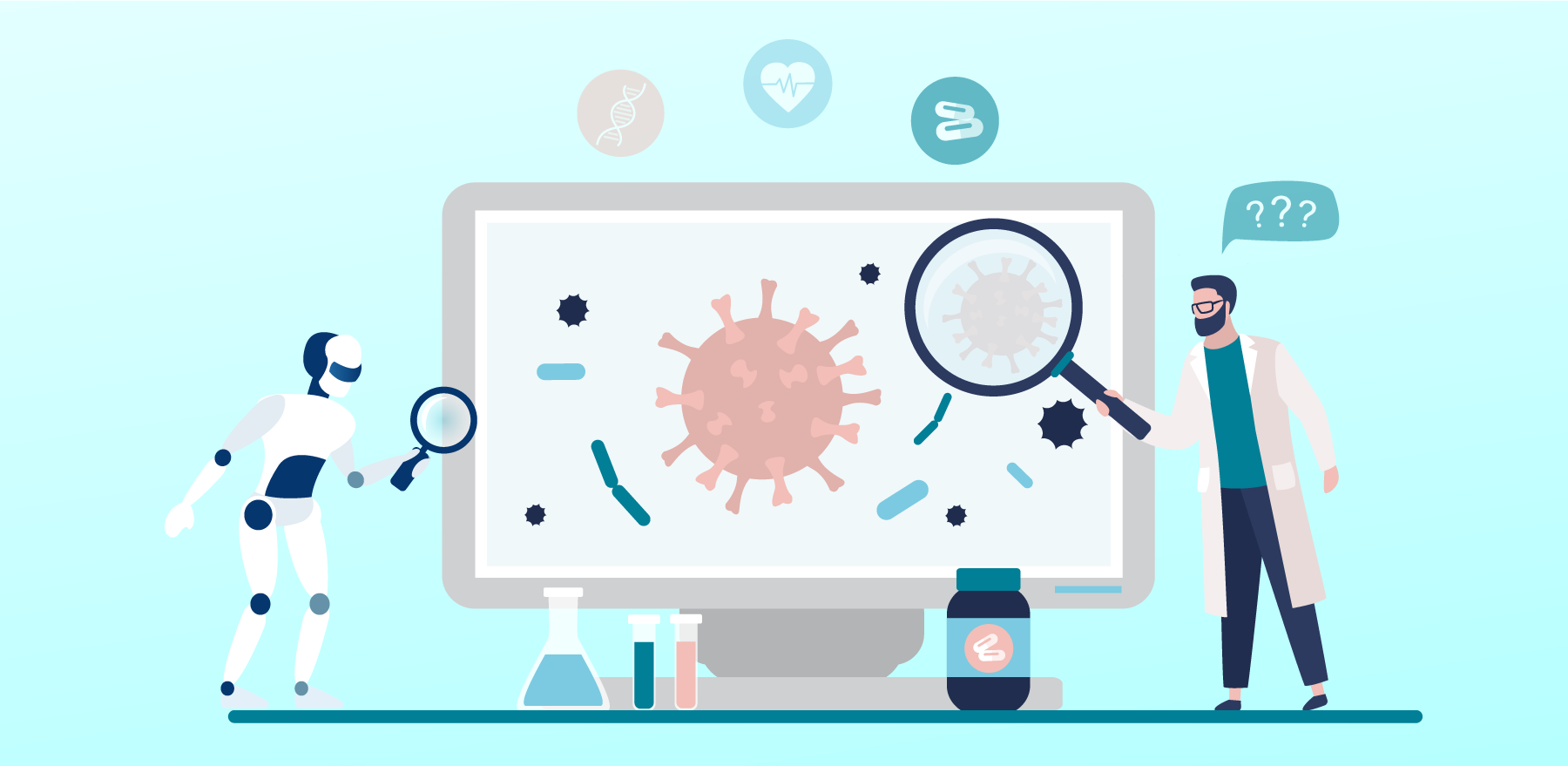
Ensuring Accuracy of Clinical Test Data
The H.U. Group conducts an enormous number of clinical tests, 400 million tests a year. These test results require a consistently high level of quality because they are the basis for diagnosis of patients and affect treatment decisions. Therefore, the H.U. Group has developed AI models to support the detection of test abnormalities to efficiently and accurately detect problems at the early stage of clinical testing. The H.U. Group makes the best use of anomaly detection supporting AI models in our daily clinical testing activities.
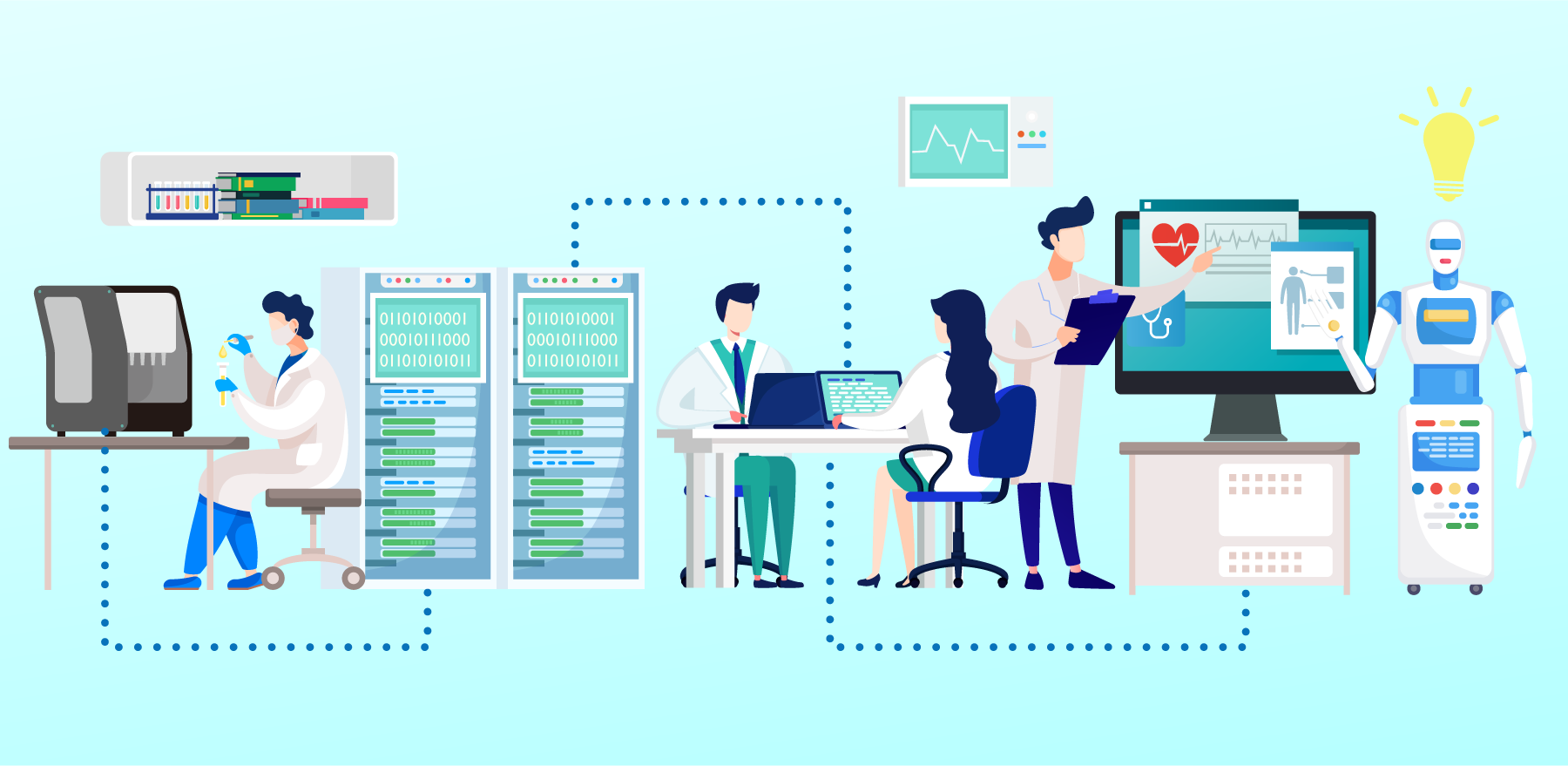
AI Technology to Support Reproductive Medicine
A variety of cutting-edge technologies are used in reproductive medicine and the H.U. Group Research Institute supports the development of these technologies. For example, a procedure called intracytoplasmic sperm injection (ICSI) is used to help fertilize the egg, where embryologists need to select the single sperm to be fertilized for each egg. As there is a practical limit on the feasible number of sperm embryologists can check for quality and clinical outcomes are dependent on the skill of the embryologist, reproducibility and consistent outcomes are difficult to achieve. To address these issues, we are developing tools that share the information processed by AI with embryologists to support their work.
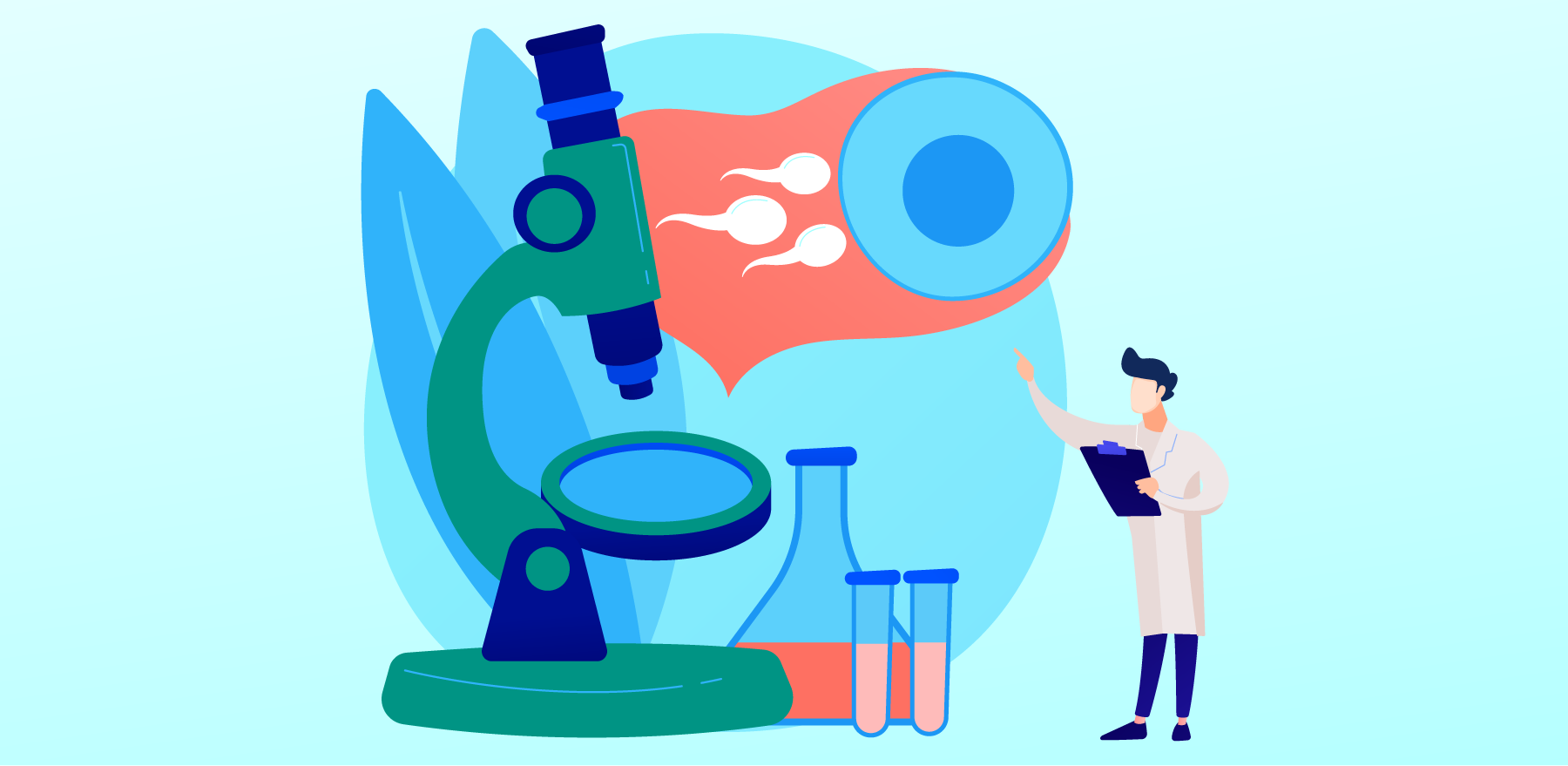

Collaboration Examples
Medical Corporation Tesshokai Kameda General Hospital
In collaboration with Kameda General Hospital and Kameda IVF Clinic Makuhari, we have successfully developed an AI model to support microscopic image evaluation in reproductive medicine. We have presented these new findings at academic conferences.
- Sep 4, 2019
- The Success of Kameda Group and Miraca Research Institute in Building the AI Model to Support ICSI [PDF:579KB]
- Oct. 2019
- American Society of Reproductive Medicine
- Aug. 2019
- Japan Society of Fertilization and Implantation
We aim to improve healthcare in society, through the use of cutting-edge AI techniques, in various healthcare applications in reproductive medicine and beyond.


